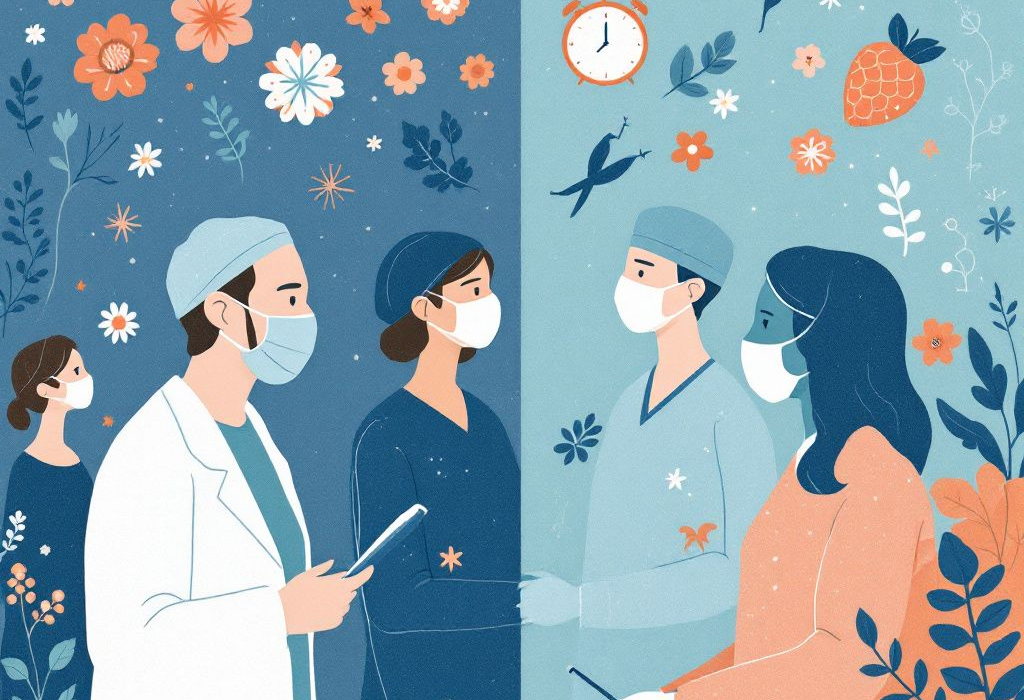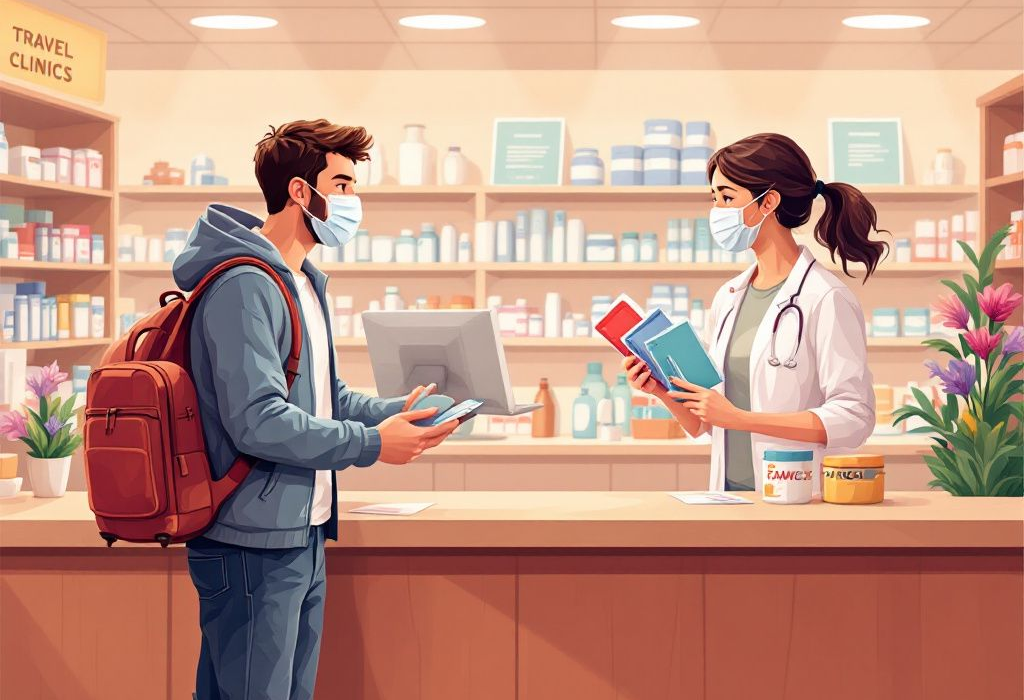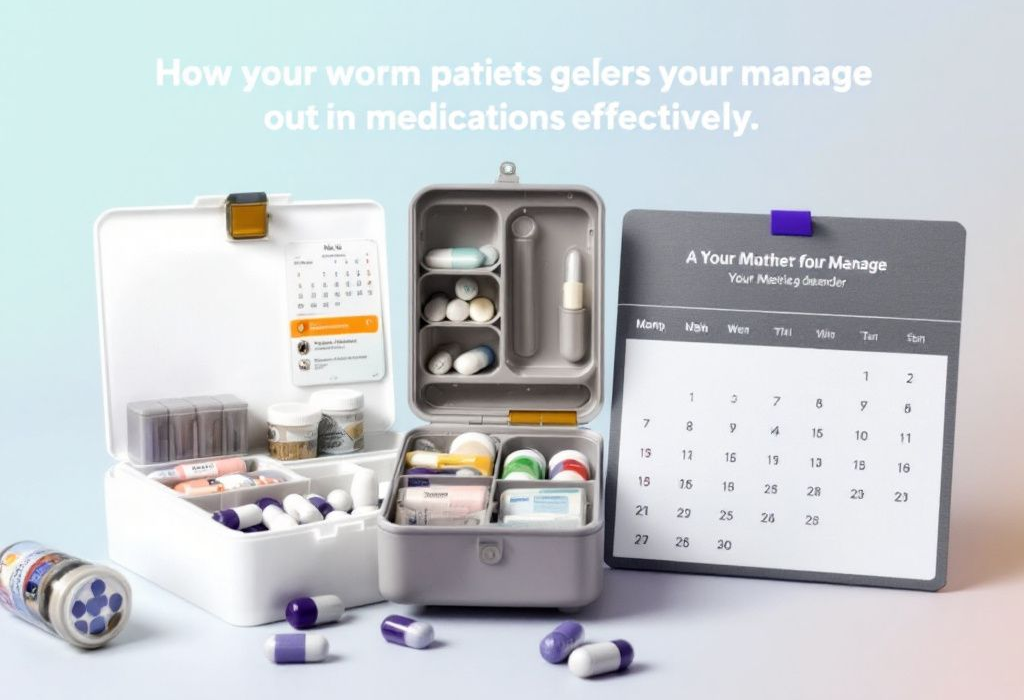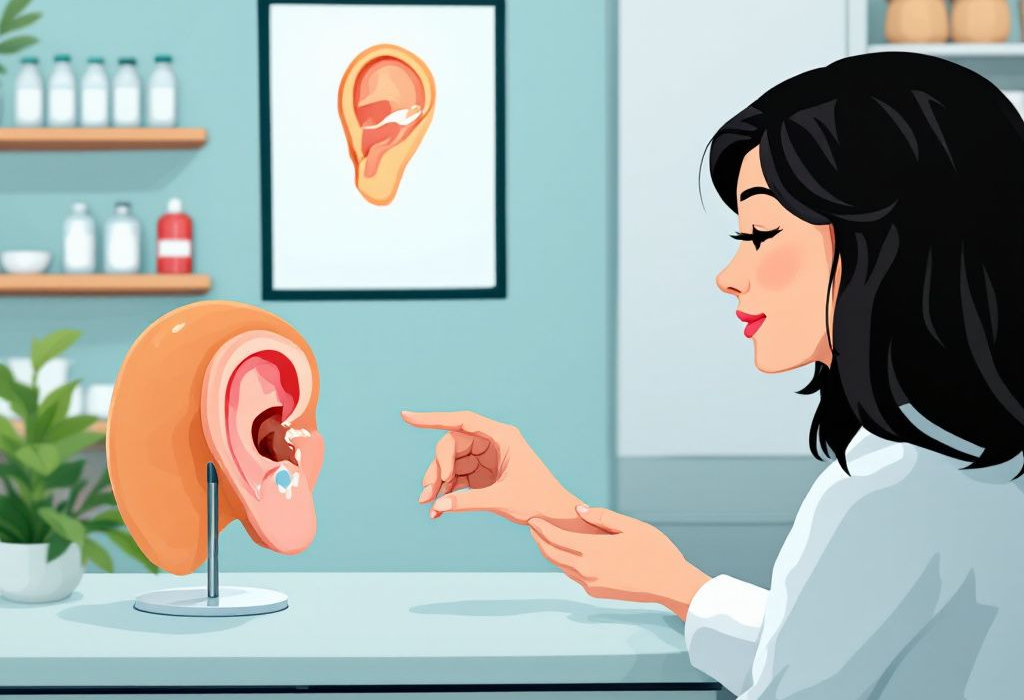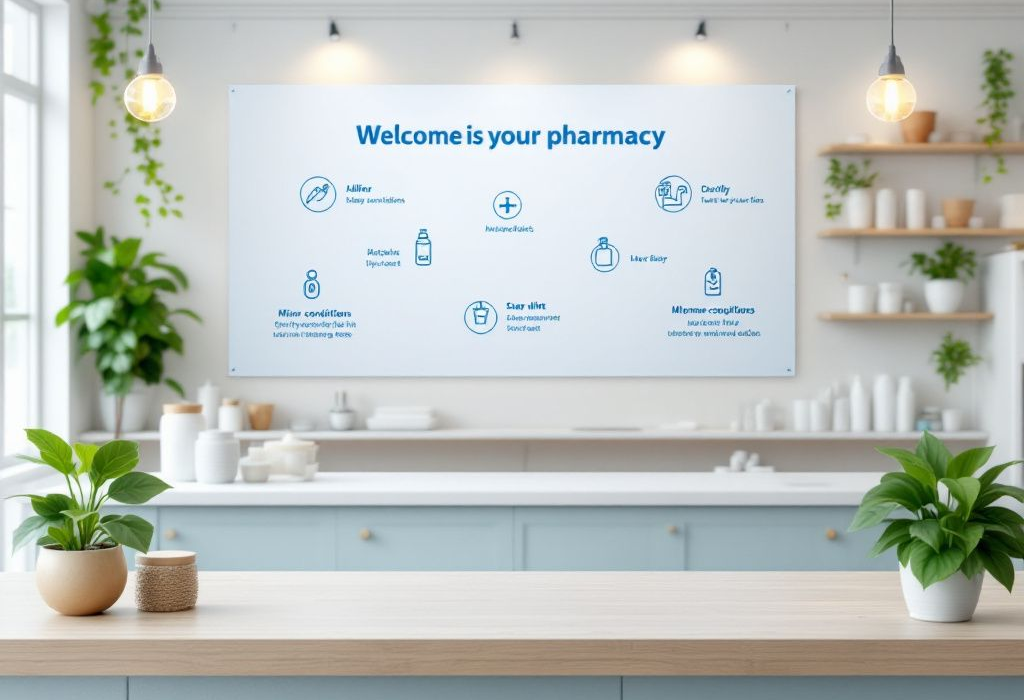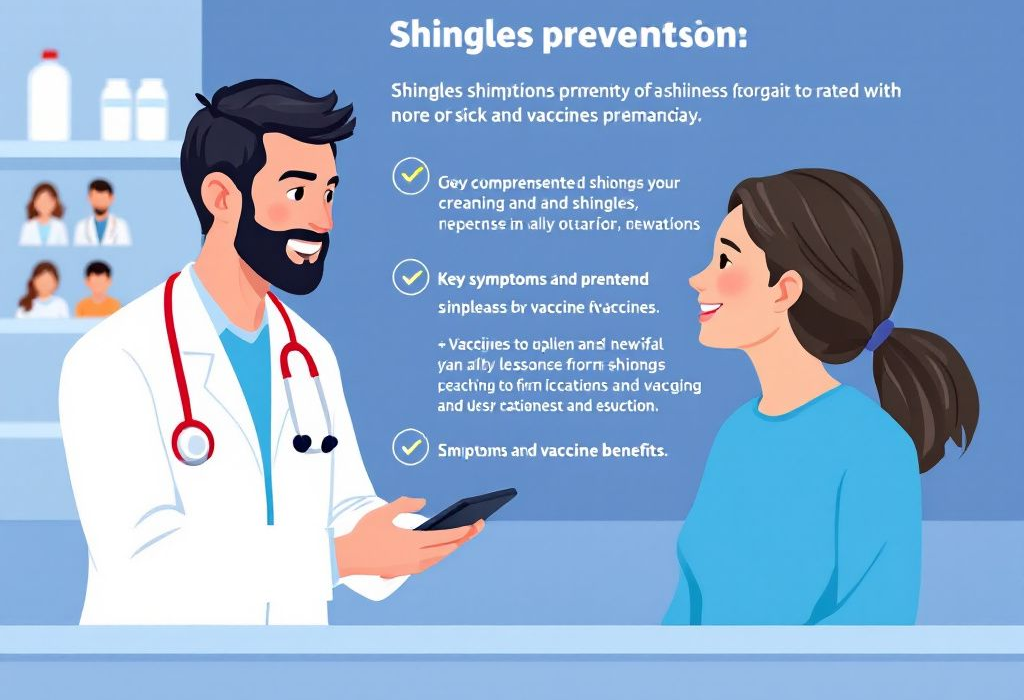Hajj Umrah Vaccine: Essential Steps for Pilgrims
The journey of a lifetime awaits many pilgrims each year, and preparing for Hajj or Umrah involves more than just spiritual readiness. In today’s global landscape, ensuring that you are up-to-date with your vaccinations is a crucial part of the process. This blog post explores the vital role of the Hajj Umrah vaccine, details the essential steps pilgrims should follow, and offers practical guidance to both travellers and healthcare professionals. Read on to understand why vaccination is now an integral step in your pilgrimage preparations.
Understanding the Importance of the Hajj Umrah Vaccine
The Hajj Umrah vaccine is not just about compliance with international health regulations; it is about safeguarding your health while you embark on your spiritual journey. With large crowds and close interactions unavoidable during pilgrimages, the risk of spreading infectious diseases can be significantly higher. Vaccines work as a shield, reducing the chance of contracting and transmitting illnesses, and also protecting those who may be in close contact with you once you return home.
Healthcare professionals note that vaccinations instil both individual and public confidence. They help reduce the likelihood of outbreaks by maintaining a strong barrier against diseases that can quickly spread in crowded environments. For travellers, being vaccinated means you enjoy your pilgrimage with peace of mind, knowing that you are taking proactive steps to protect your health and the health of others.
Key Vaccinations and Their Role in Pilgrimage Safety
Mandatory and Recommended Vaccines
Depending on the country of origin and prevailing health regulations, certain vaccines may be mandatory for those travelling to Saudi Arabia and other destinations during Hajj and Umrah. Commonly required inoculations include the meningococcal vaccine, as this protects against meningitis—a potentially fatal disease that can spread rapidly in densely populated settings. In addition, vaccines for influenza and COVID‑19 are widely recommended to further reduce health risks.
Many healthcare providers also suggest additional vaccinations, such as those against hepatitis A and typhoid, which are particularly relevant for long-term travellers. Consulting with your healthcare professional well in advance of your travel date ensures that you receive guidance tailored to your specific health needs and travel itinerary.
Timing and Dosage Considerations
Timing is a critical factor when it comes to vaccinations for Hajj and Umrah. Some vaccines require multiple doses over a period of days or weeks to achieve full efficacy. For instance, the meningococcal vaccine generally needs to be administered at least 10 days before travel. It is important to plan your vaccination schedule early to allow for any necessary doses and to ensure that your immune response is at its optimum during your pilgrimage.
Healthcare professionals advise that you speak with your pharmacist or doctor as soon as you finalise your travel plans. By discussing your travel itinerary, your medical history, and any potential allergies or contraindications you might have, you can receive comprehensive advice that is uniquely tailored to you. This could make all the difference in ensuring a safe and healthy journey.
Health Precautions for Pilgrims: Beyond Vaccination
While the Hajj Umrah vaccine is a critical component in ensuring a safe pilgrimage, there are additional health measures that pilgrims should consider. Travellers are encouraged to adopt good hygiene practices, such as frequent handwashing and the use of hand sanitisers, particularly in crowded settings like airports, mosques, and dining areas.
Wearing a face covering in crowded or confined spaces may also be advisable, particularly during peak travel seasons and when local health advisories recommend it. Keeping a well-stocked first aid kit, staying hydrated, and ensuring you have access to any required prescription medications are further steps that contribute to a well-rounded health strategy while travelling.
Preparing for Your Pilgrimage: Practical Steps to Take
Planning for a pilgrimage like Hajj or Umrah requires thorough preparation, and your health plan should be at the very forefront. Begin by booking an appointment with a travel health expert or a pharmacist who specialises in travel vaccinations. Expert guidance will help you determine which vaccines are best suited to your itinerary and personal health needs.
It is also wise to maintain an updated medical record that documents all your vaccinations and any medications you are currently taking. This record can be invaluable, particularly if you experience health concerns during your travels or if you need to consult with international health professionals while abroad. Effective communication with your healthcare team, including pharmacists who provide private services, ensures that you receive comprehensive care for every stage of your journey.
Moreover, consider keeping abreast of current travel advisories and public health guidelines issued by reputable sources. Often, governments and international health bodies update their recommendations in response to emerging health threats, which could influence your vaccination plan.
The Role of Private Healthcare Providers in Pilgrim Safety
Private healthcare providers, such as those at Olive Pharmacy, play a critical role in modern pilgrimage travel planning. With specialised services designed to cater to the specific needs of pilgrims, these professionals provide tailored advice, quick access to vaccinations, and dedicated support for any health concerns that may arise.
Beyond vaccinations, private healthcare services can offer consultations on travel health, assist with the management of existing medical conditions, and provide emergency medications if necessary. Engaging with a trusted healthcare provider ensures that you receive personalised service that goes far beyond the standard advisories available at public clinics.
This proactive approach is essential not only for individual safety but also for the collective well-being of the pilgrimage community. By ensuring that each pilgrim has access to the best possible care, the risk of disease spread is minimised, making the pilgrimage a safer experience for all involved.
A Subtle Invitation to Secure Your Health Appointments
As your pilgrimage preparations advance, remember that your health is as important as your spiritual well‑being. Taking the necessary steps today will safeguard your travel tomorrow. Whether you are a traveller seeking the latest advice or a healthcare professional aiming to support your patients, accessing expert guidance is simple and timely.
If you are ready to prioritise your health with a consultation or vaccination tailored to your travel itinerary, make sure to book an appointment with us at Olive Pharmacy. Our dedicated team of healthcare professionals is committed to ensuring that each pilgrim receives personalised care that meets the highest standards of safety and service.
In conclusion, the Hajj Umrah vaccine is a critical step in preparing for a successful and safe pilgrimage. By understanding the importance of timely vaccinations, following practical health precautions, and leveraging the expertise of private healthcare providers, you can embark on your journey with confidence. Your spiritual undertaking deserves the best possible care, and with the right preparation, you are well on your way to a healthy, fulfilling pilgrimage experience.



